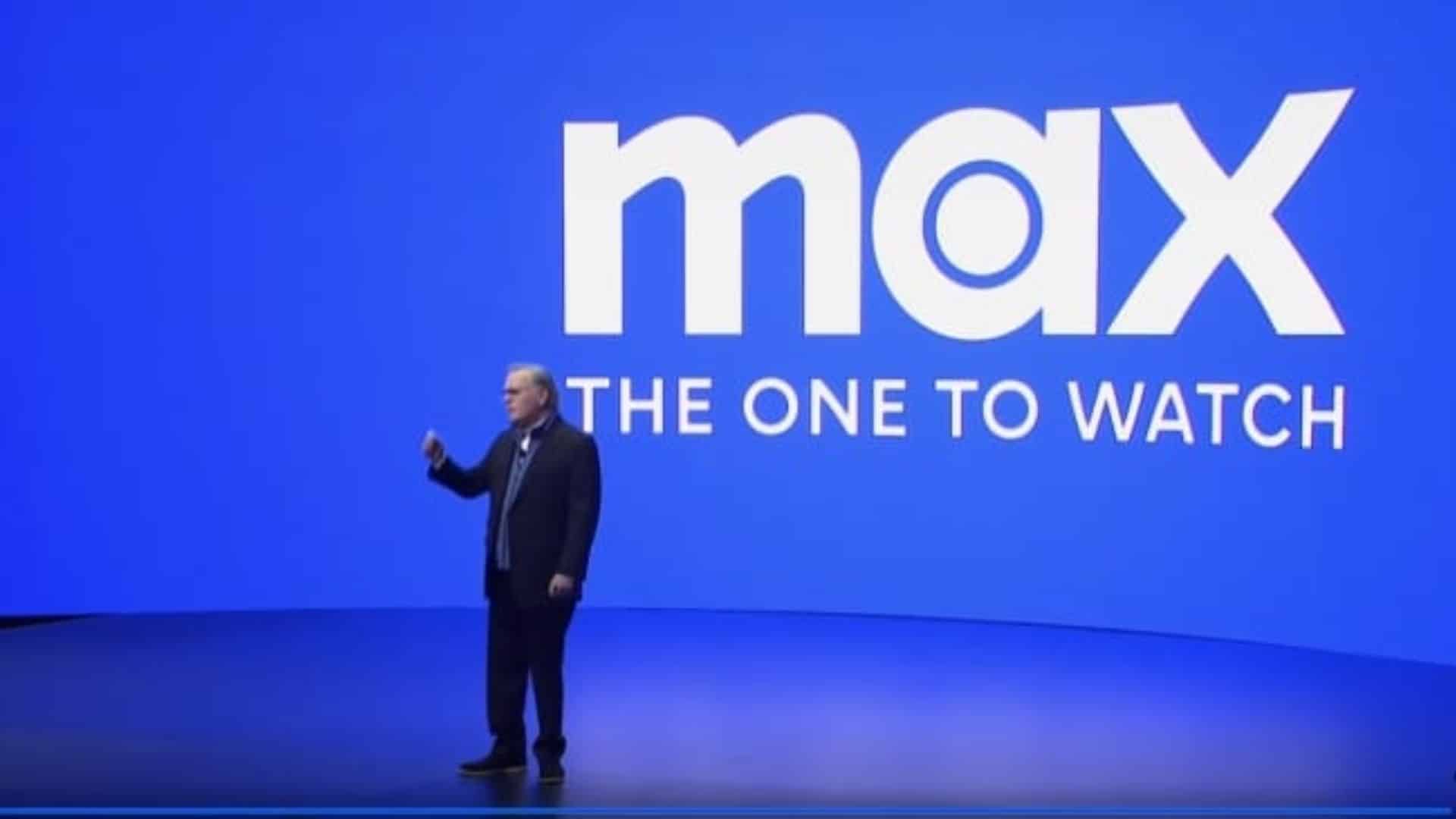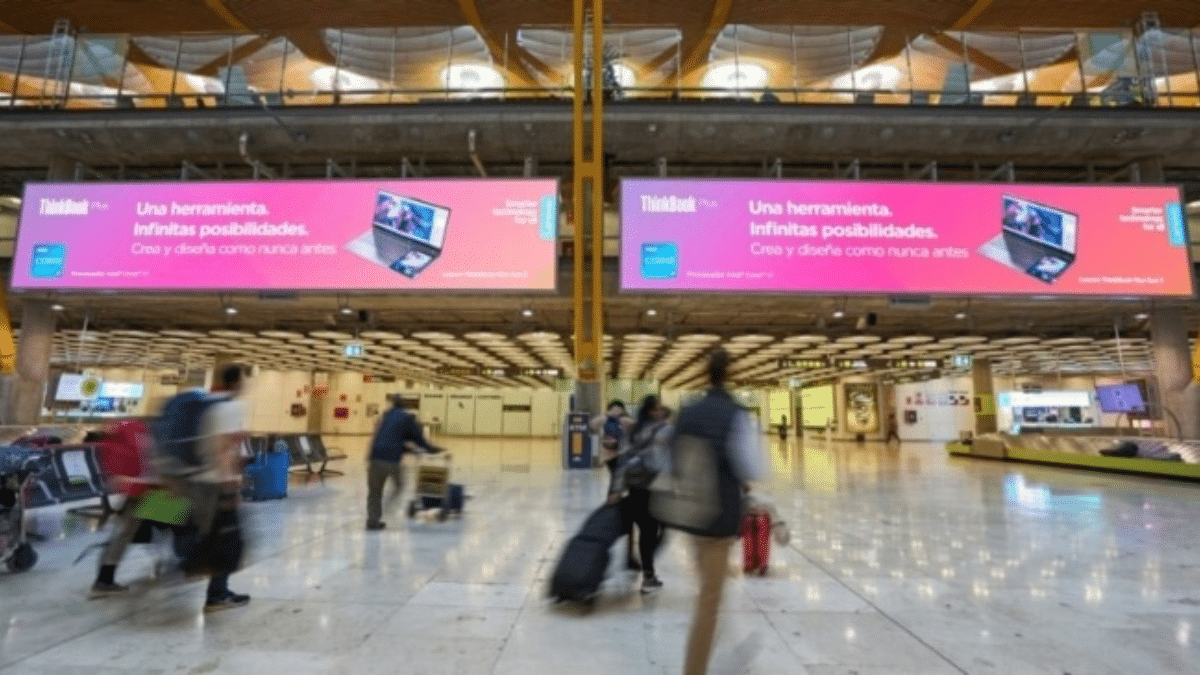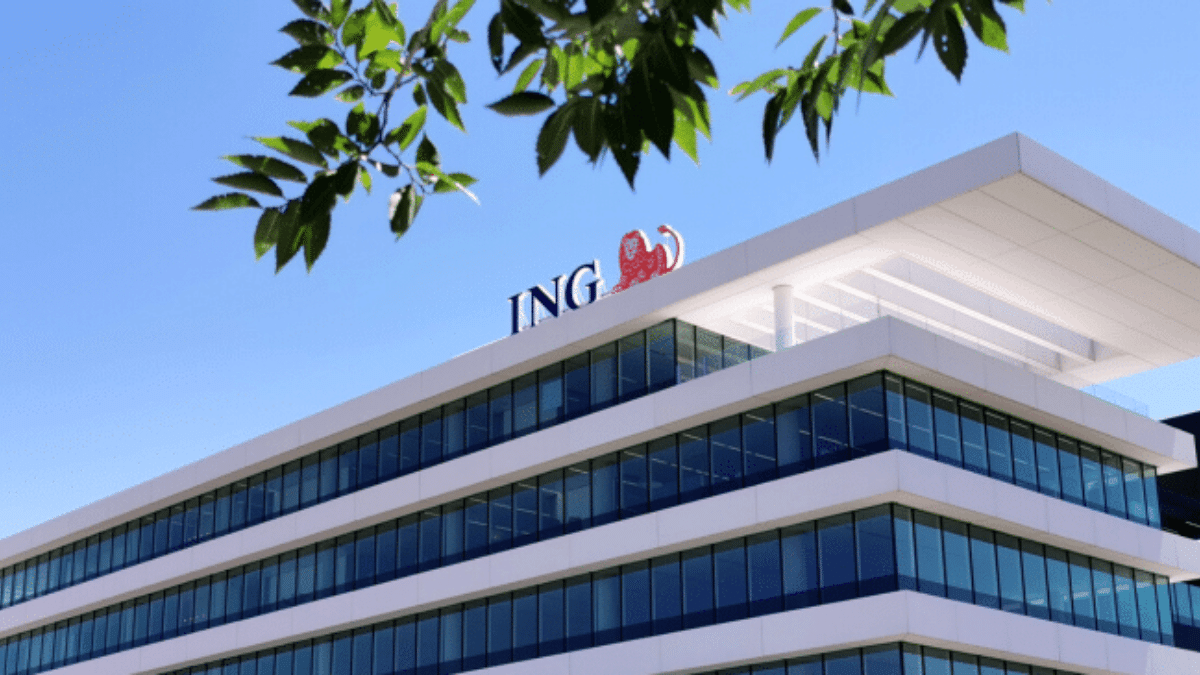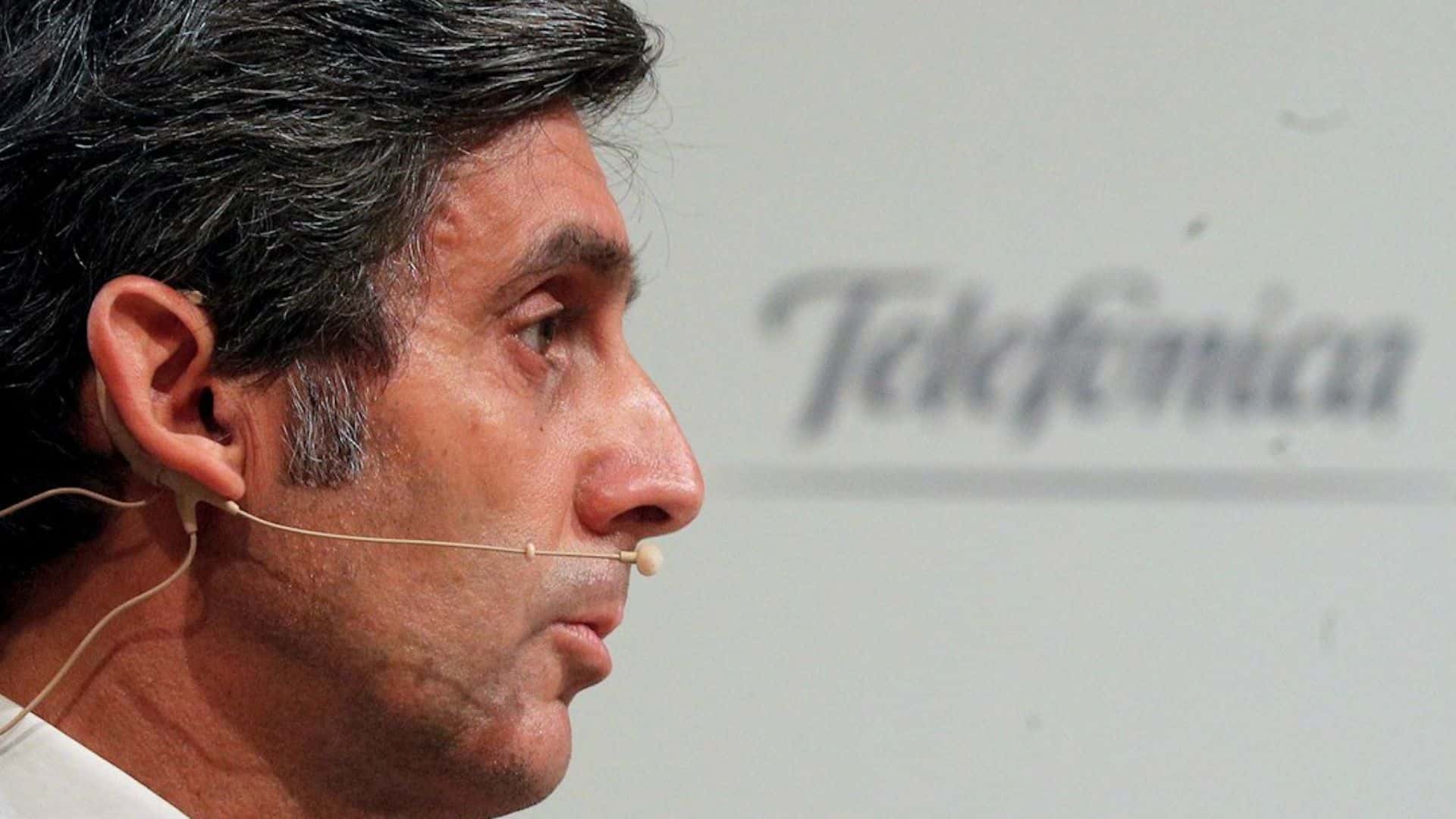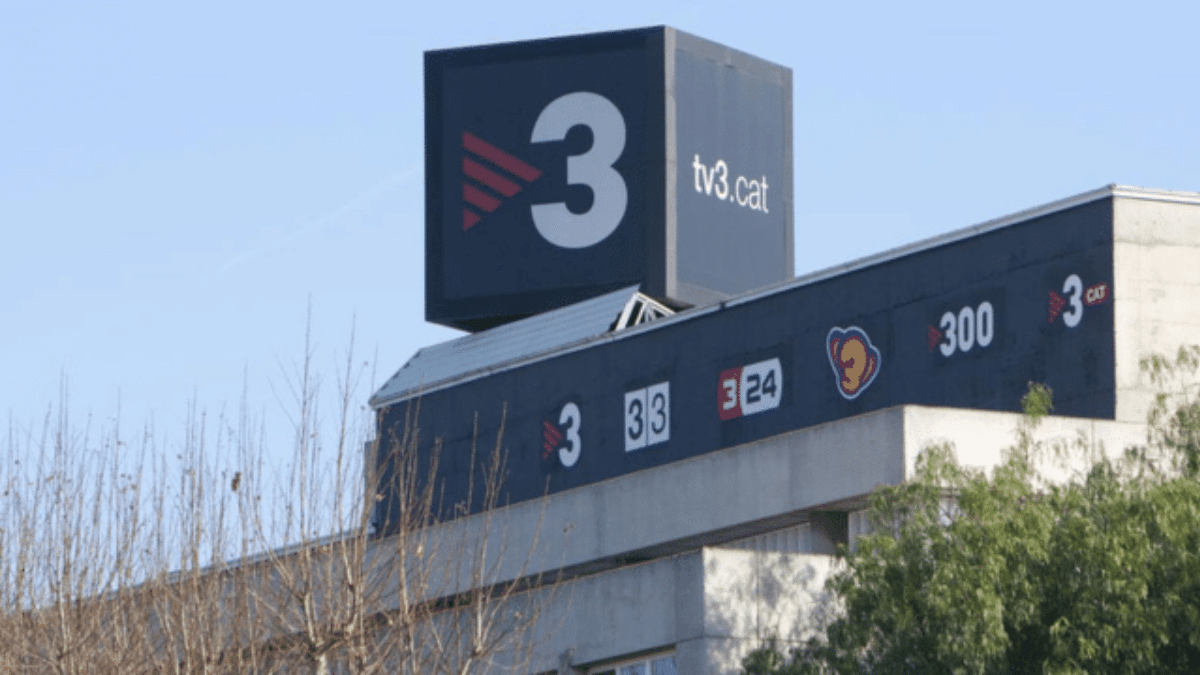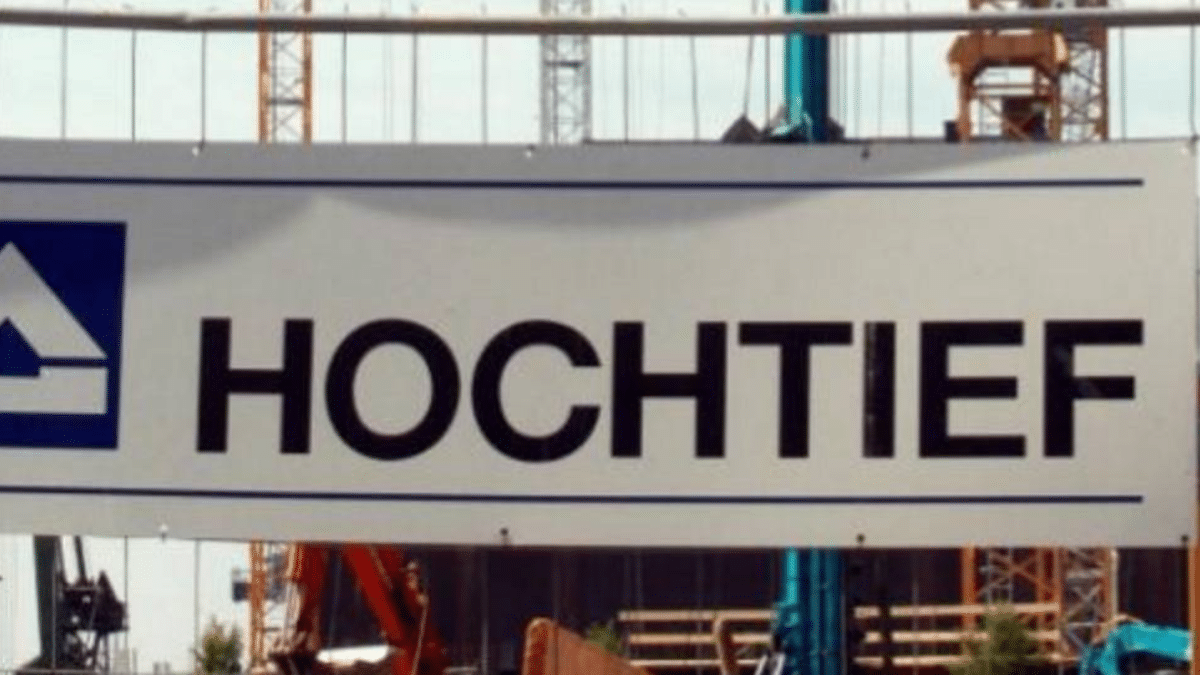
Hochtief, from ACS, FCC or Sacyr, among the Spanish companies interested in the German plan of 40.000 million for the railways
The German government has just announced an additional investment of 40,000 million euros to improve its railway sector until 2027, an ambitious plan that companies such as ACS, through its German subsidiary Hochtief, FCC or Sacyr will be watching closely.
To make this project a reality, the Federal Minister of Transport and Digital Infrastructure, Volker Wissing, has recently called on the various representatives of the railway and construction industry to join the forthcoming railway renovation, with which the country seeks to undertake the improvements needed in passenger and freight transport as quickly as possible.
In this sense, and on the occasion of the Rail Summit in Frankfurt, the head of the department acknowledged that the railway infrastructure has been neglected for decades and is at its limit, and that Germany needs a reliable, efficient and modern railway.
For this reason, until 2027 and despite the budgetary situation, the Federal Government plans to make available around 40 billion euros more for the railways, and the financial conditions have already been created and priorities have been set for corridors, modernisation of stations, digitalisation, new construction projects and expansion of the existing infrastructure.
ACS, FCC and Sacyr are already analysing the German plan to invest in railways
The plan is expected to start on January 1st, 2024 and, while waiting to know the specific details, it has already aroused interest among Spanish companies such as ACS, FCC or Sacyr, which will analyse it, according to what they confirmed to EFE.
The German Federal Ministry of Transport will provide the necessary funds for investments in railway infrastructure. In the draft budget for 2024 and in the financial planning until 2027, the plan allocates an additional 11.5 billion euros for the railway. This is also implemented thanks to revenues from the extended truck toll.
For its part, the Climate and Transformation Fund will provide additional funds for rail totalling 12.5 billion euros, while Deutsche Bahn will also make its own contribution of 3 billion euros, while a further 12.5 billion euros will be made available through a new capital increase.
This package provides a boost to investment in and renewal of the rail sector. In this way, the most heavily used routes to be renewed have been identified and prioritised between now and 2030 so that they can offer the greatest benefit and lead quickly to significant improvements.
The Riedbahn Frankfurt-Mannheim rail corridor will start in 2024, followed by the Emmerich-Oberhausen and Hamburg-Berlin/Spandau corridors in 2025.
The corridors Cologne-Hagen and Nuremberg-Rathausbon will continue in 2026. Thereafter, ambitious progress will be made until the renewal of the last of the 40 corridors, the Mannheim-Karlsruhe corridor, which will start in 2030, the German ministry said in a statement.

